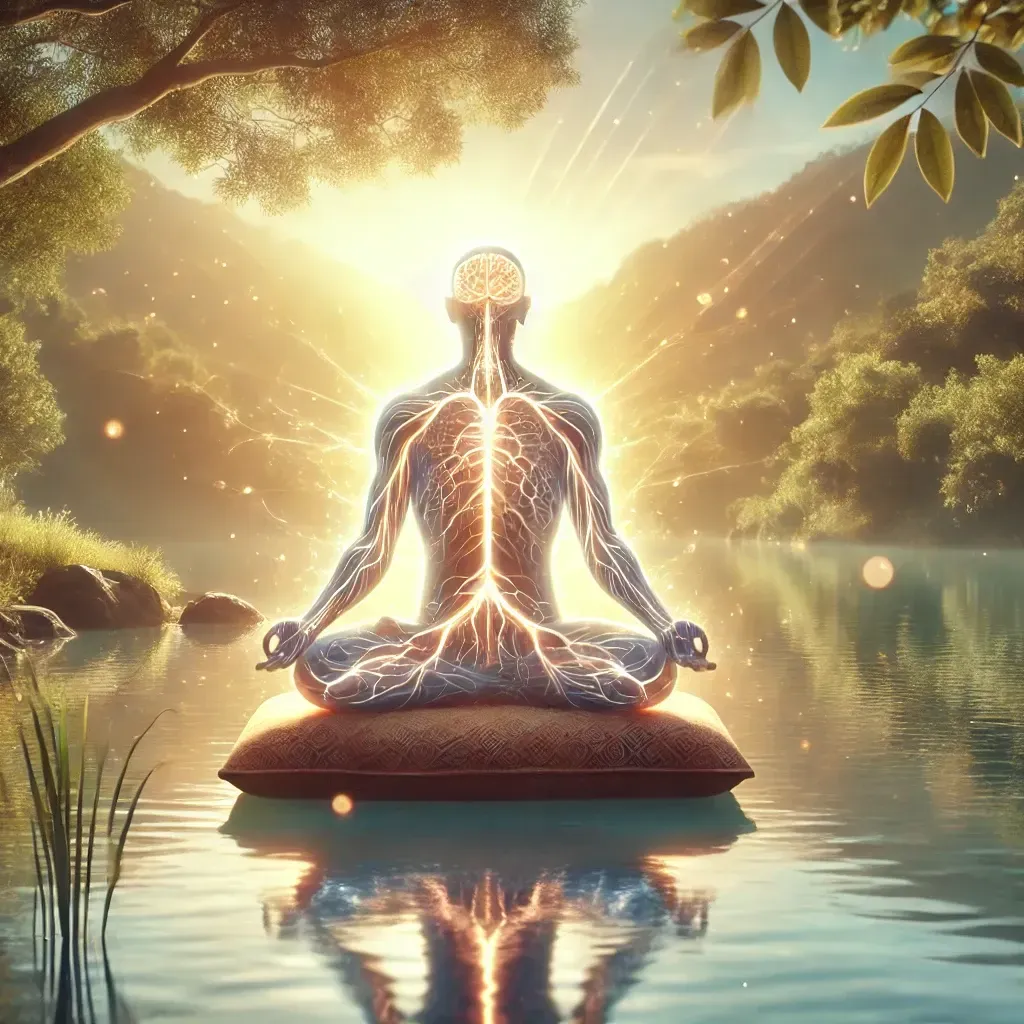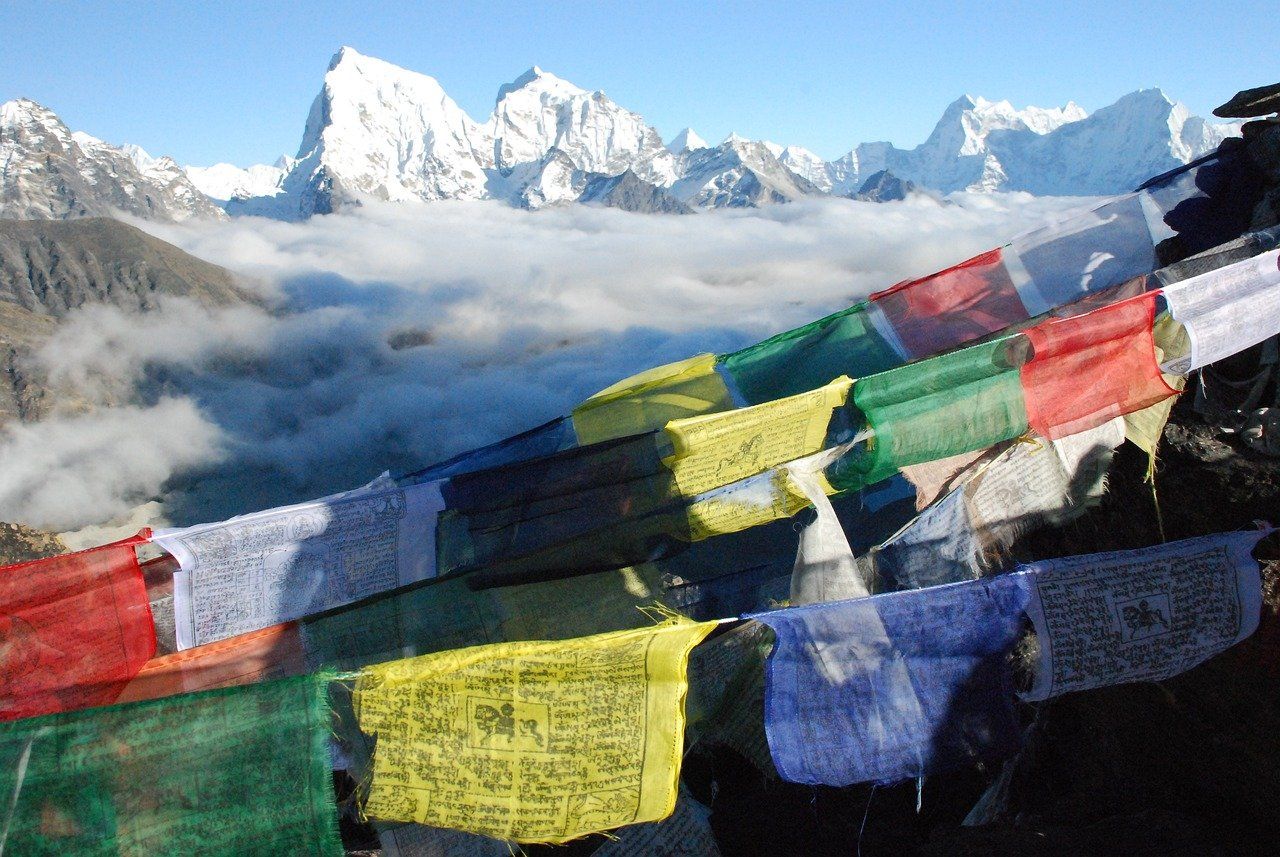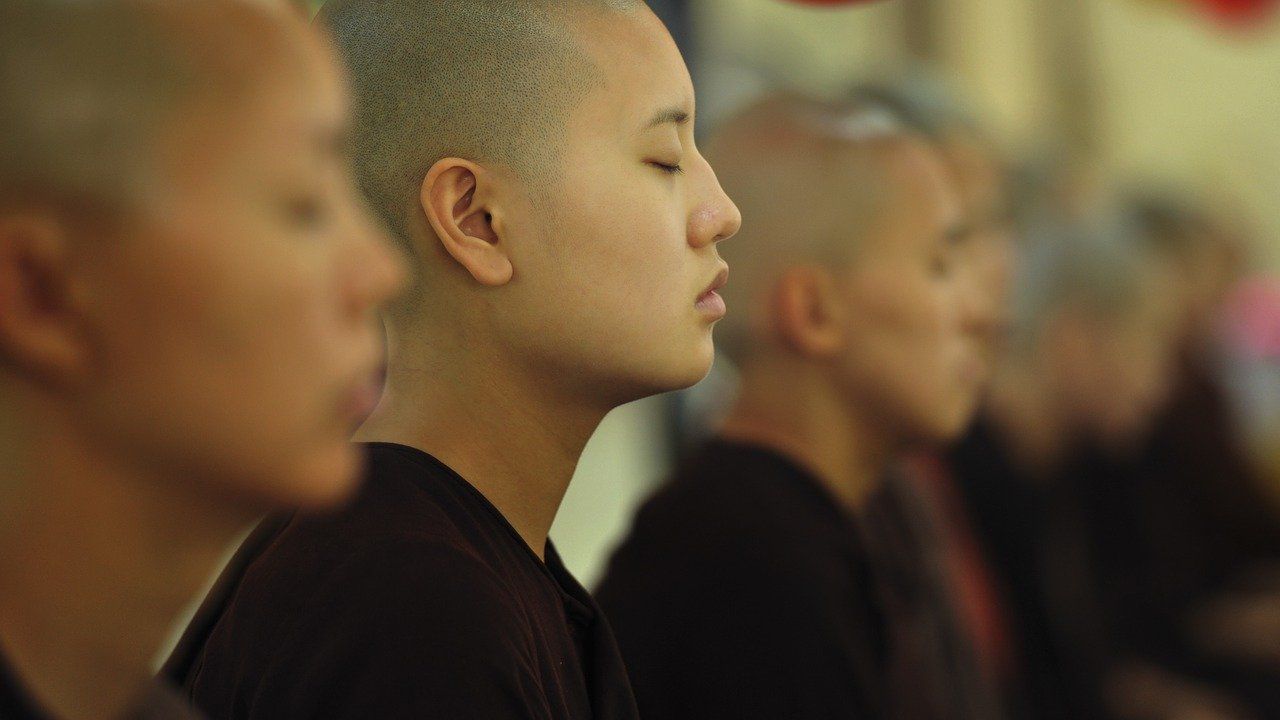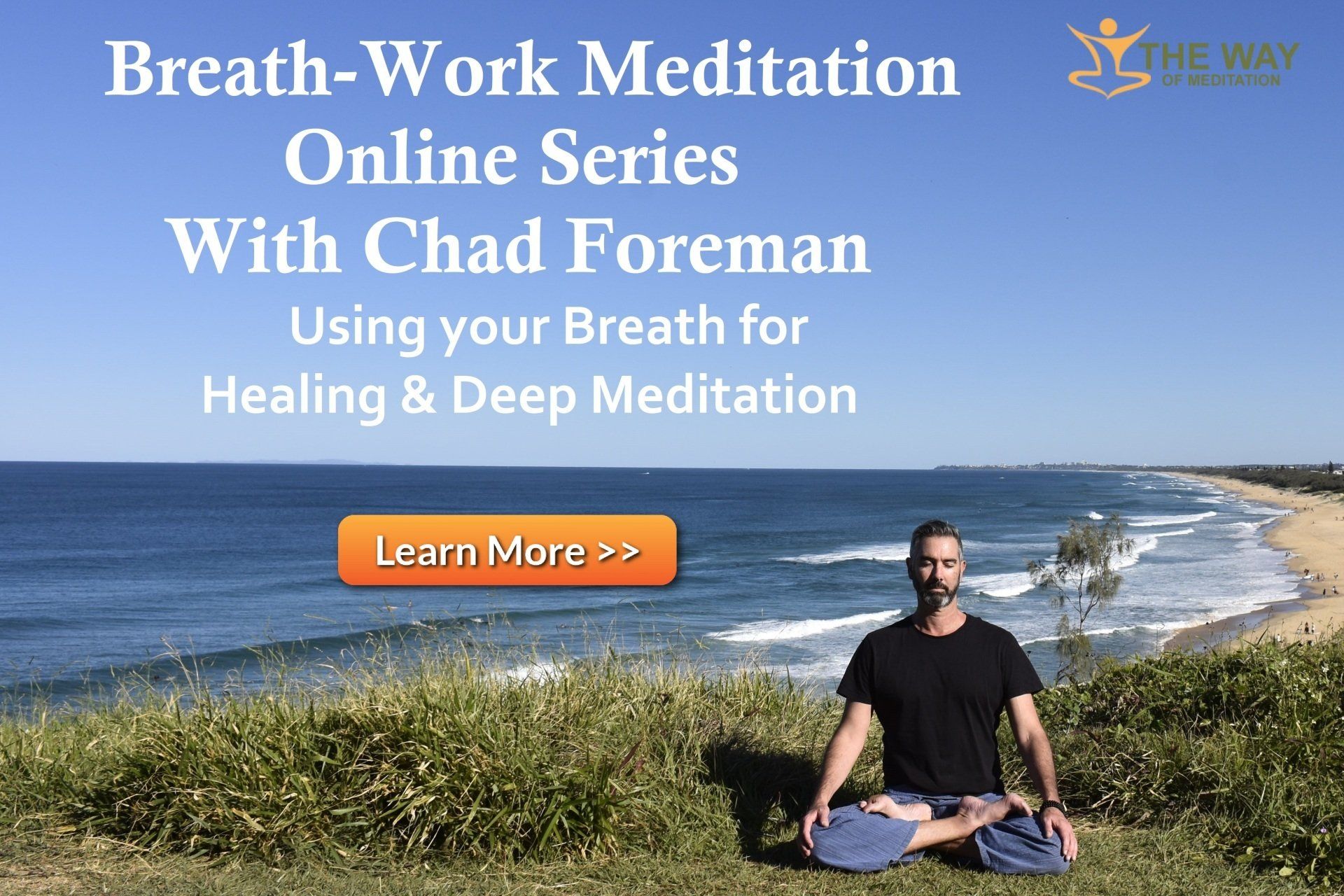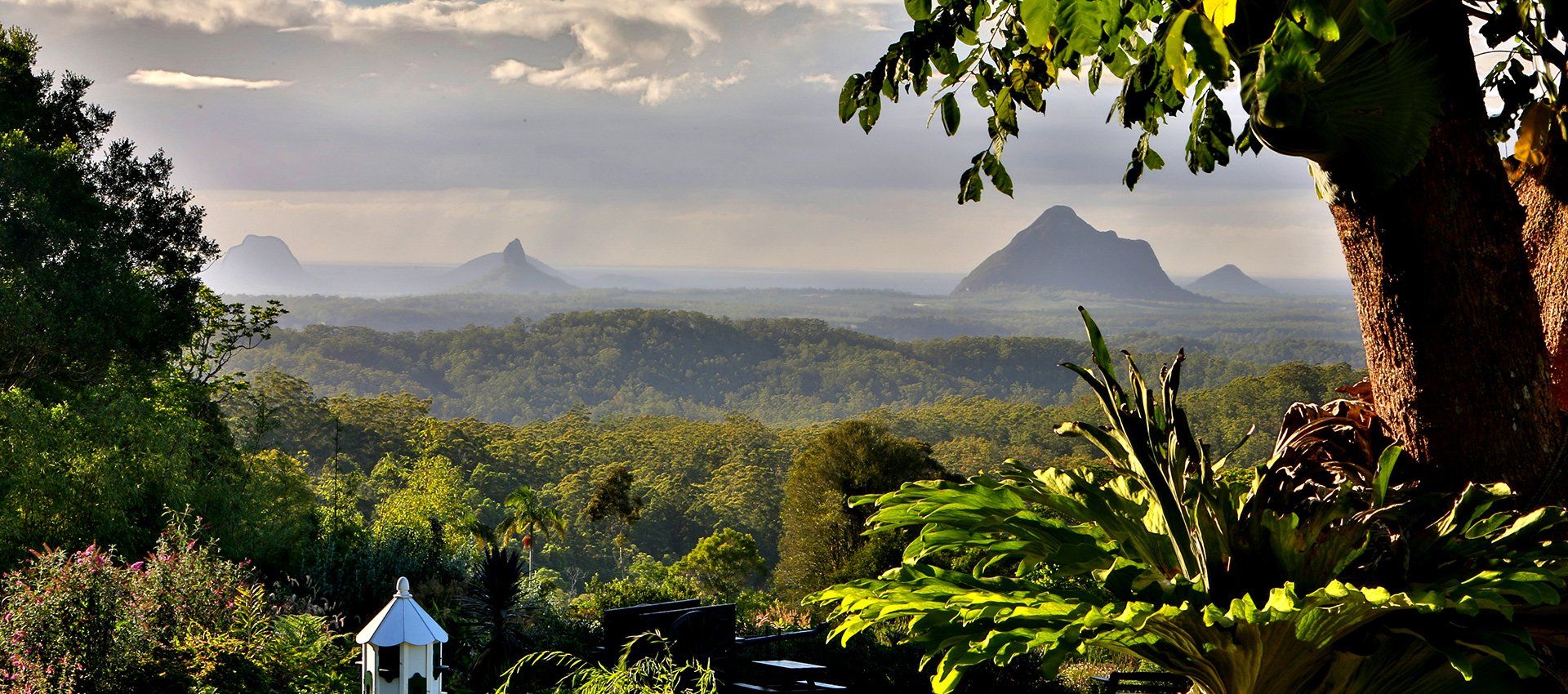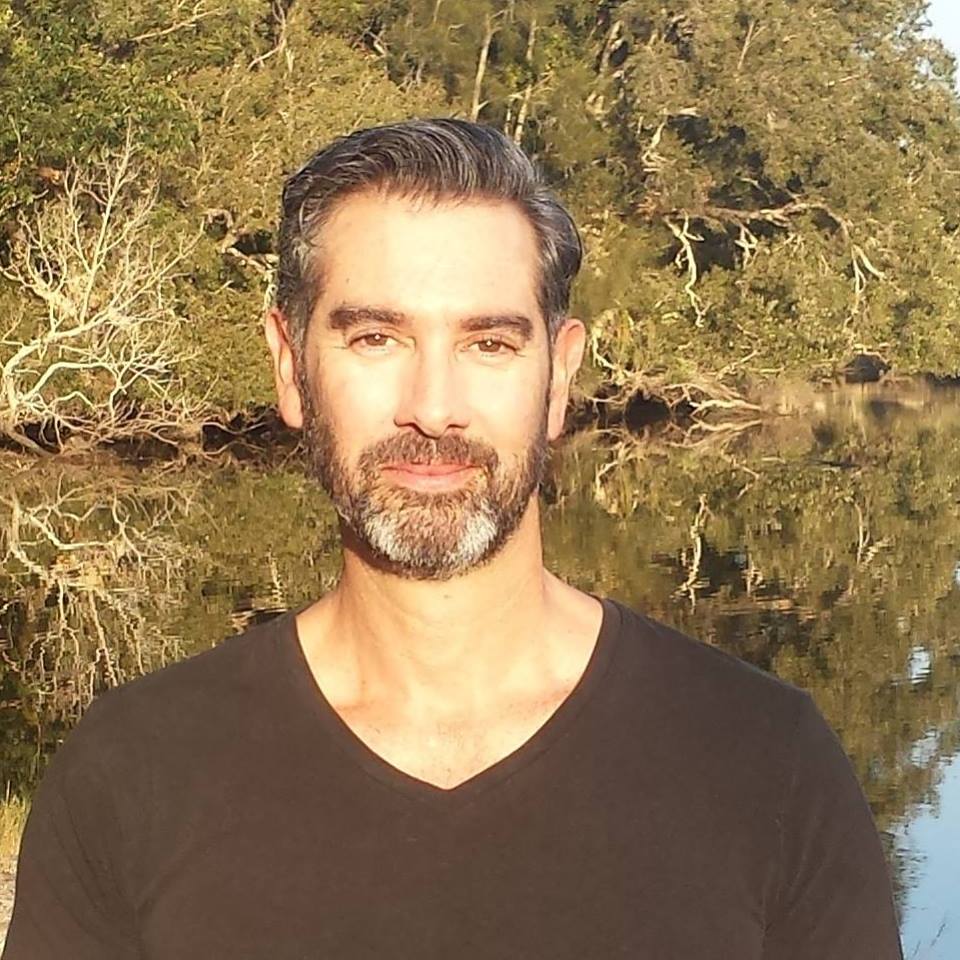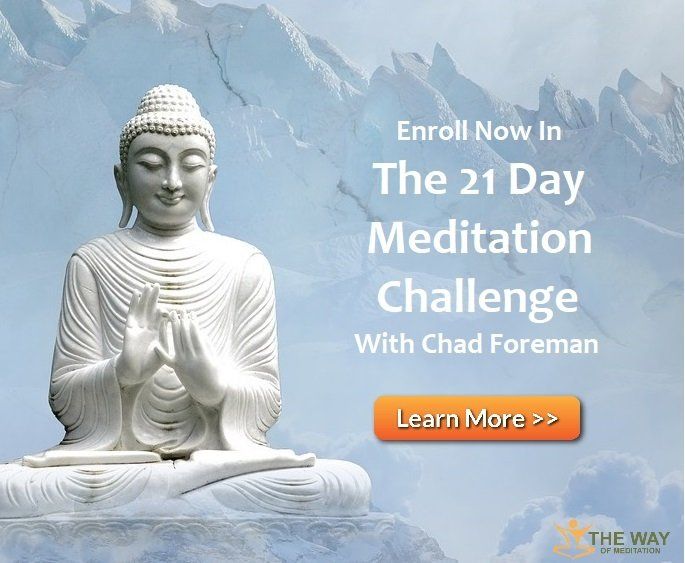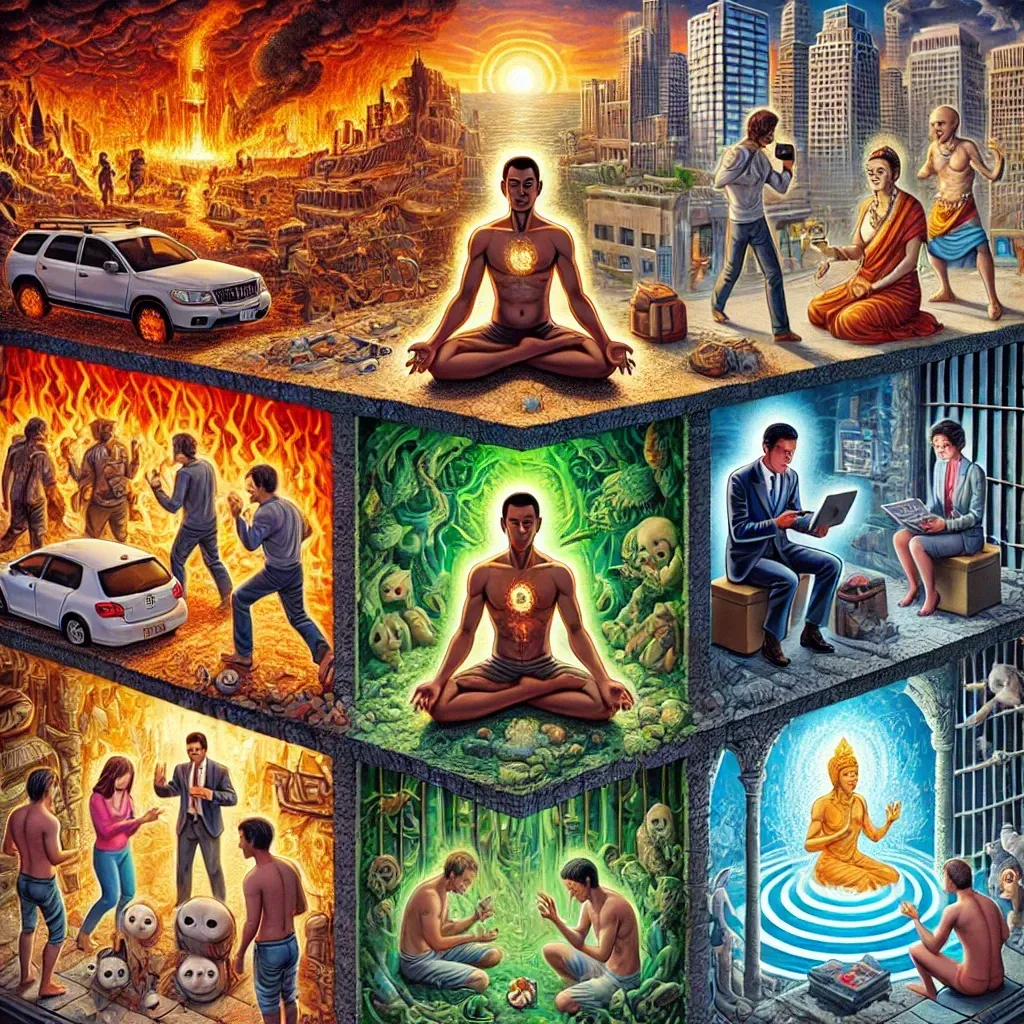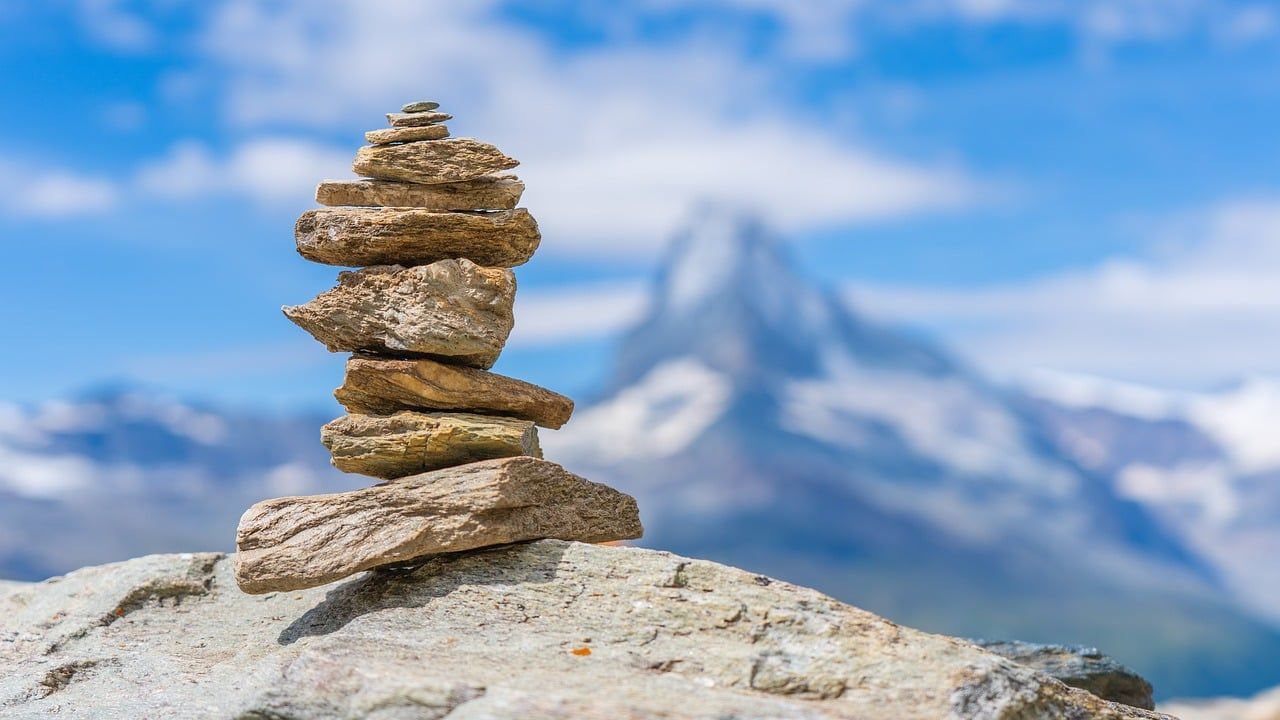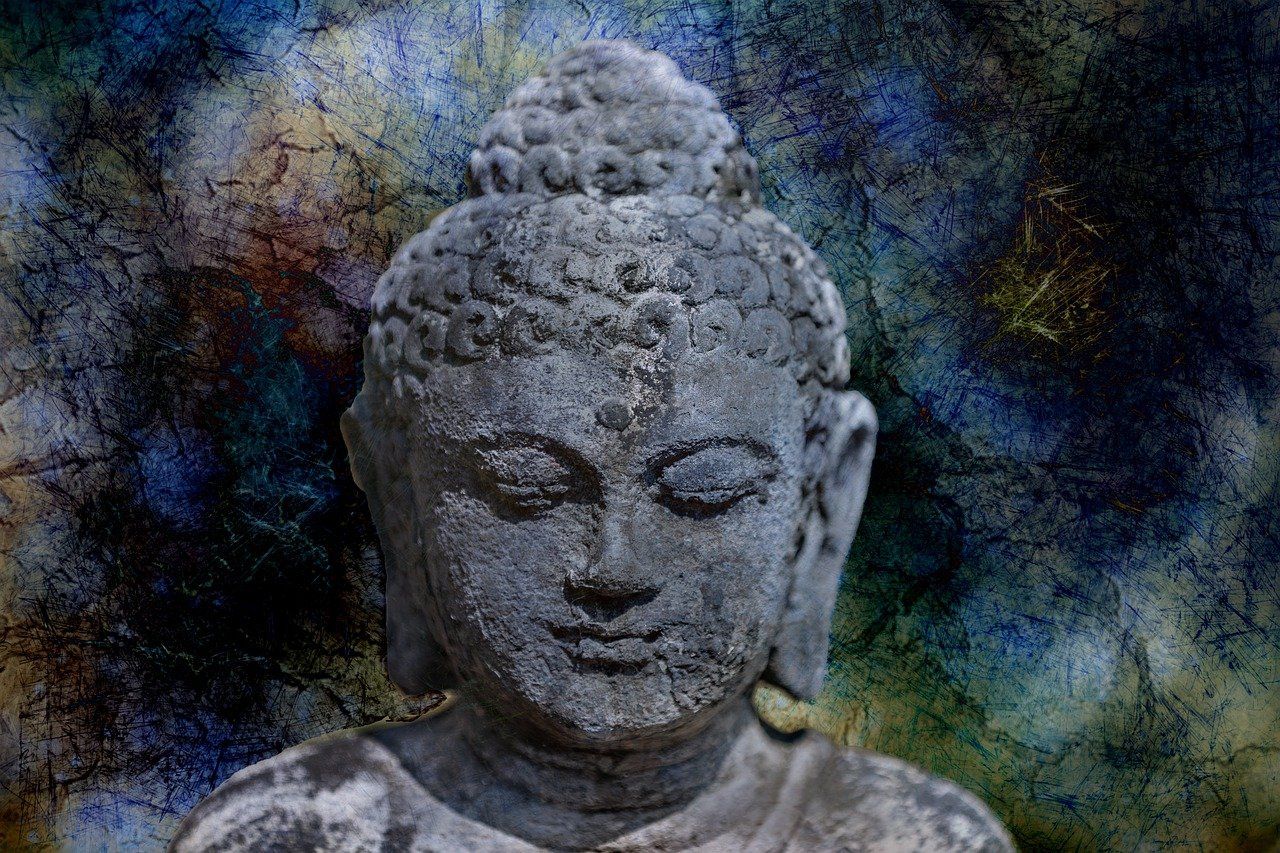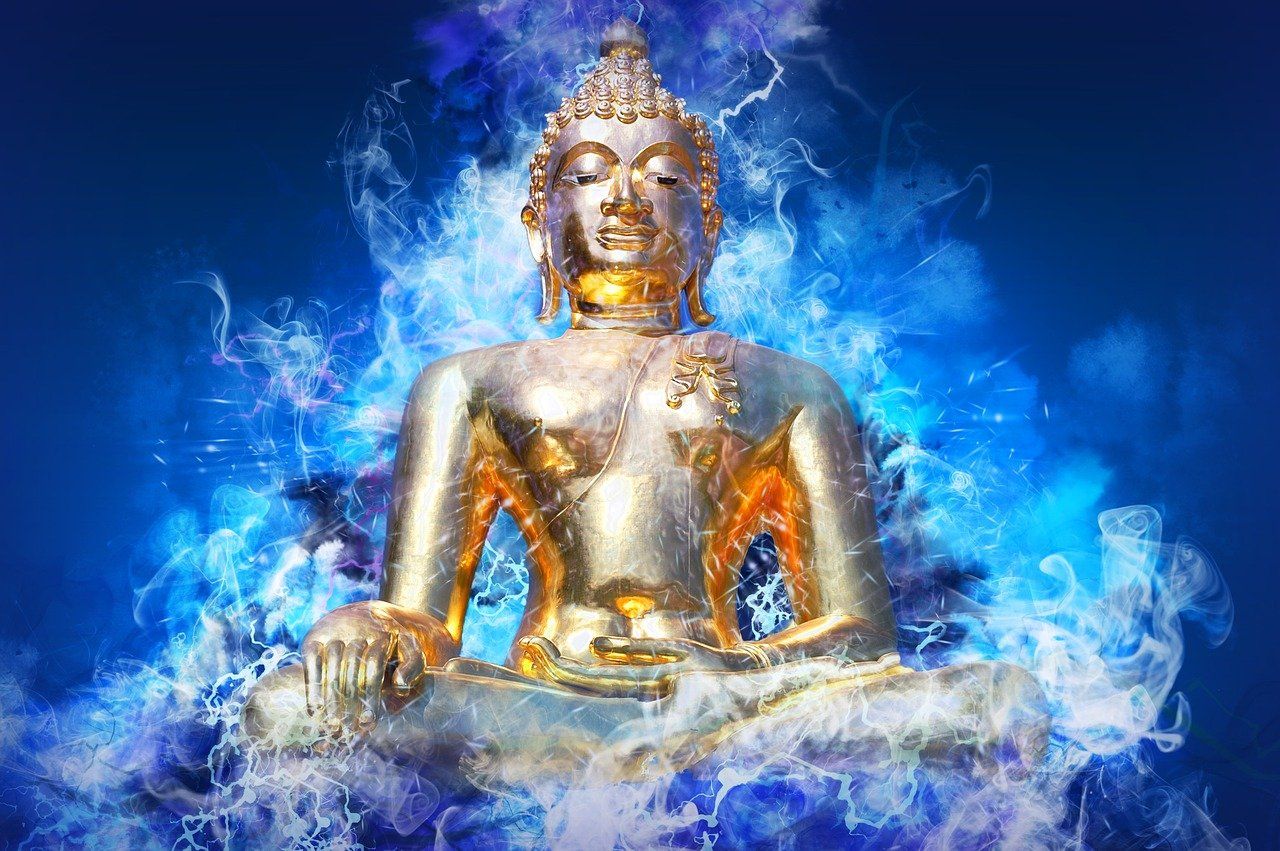Meditation Is Just The Beginning
The benefits of meditation are numerous, mostly because so many health problems these days are caused by stress, therefore something that promotes relaxation and a calm clear mind goes a long way to help heal the body and the mind from many stress related diseases. However now that I have been teaching meditation and doing one on one coaching sessions for hundreds of people I have to say that meditation is just the beginning. Overcoming stress, anxiety and depression to create a healthy mind is just the beginning. What’s also needed is using the wisdom and clarity developed in meditation to make conscious actions of love, compassion and a healthy life for ourselves and others.
Wisdom is developed through meditation not for the purpose of winning arguments on Facebook or even for astral travelling but to clearly know what skillful actions will bring peace and happiness for yourself and others.
“Meditation leads to the wisdom to make the best choices in life for your own and other’s happiness.”
In Acceptance and Commitment Therapy, which is a mindfulness based therapeutic model, firstly you use mindfulness to accept the present situation without fear or neediness and then act by expressing your core positive values into any situation. It is not goal orientated in the sense of future goals but aims at bringing positive values like kindness, equality, justice into the present moment. In this mindfulness model first is mindful acceptance and then valued actions which will definitely help to create a better world.
Positive action is needed in today’s world where corruption, pollution, social injustice and inequality are all too prevalent. McMindfulness is a term used to criticise modern mindfulness techniques of just being aware and accepting of all situations. This depoliticises mindfulness from being a revolutionary force of awakening and political awareness to a creator of obedient zombies reducing their stress levels with mental awareness techniques.
However mindfulness can be revolutionary when it includes seeing the big picture and connecting your actions with the effect they have on others and the bigger picture. Buddhist Zen Master Thich Nhat Hanh is a firm believer in being engaged in the world and has even started a new Buddhist movement called engaged Buddhism which adheres to 14 principles. This is what Thich Nhat Hanh has to say about mindfulness:
“What is mindfulness? Is it just taste and sensation? If I eat at McDonald’s or purchase Nestle’s chocolate, am I mindful of the McLibel case or the shameless exploitation by Nestle of breastfeeding mothers in poor countries? Go deeper. If I eat a banana grown in the Caribbean am I aware of the struggle for better working conditions by Caribbean workers against the fruit cartels? Do I reflect on the way American and Caribbean economic development, which also helped fuel the industrial revolution, was in large part based on the trans-Atlantic slave trade?”
“Every time you are tempted to act in the same old way ask yourself; do I want to be a slave to the past or a pioneer of the future?”
Acceptance of a situation is always the best place to start affirmative action. Acceptance does not have to be passive like in McMindfulness instead acceptance becomes the clear seeing of a situation to effectively transform the moment to achieve your goals, manifest your dreams and make the world a better place.
Meditation teaches you to pay attention in a skilful way which includes the focus and concentration of what we normally expect attention to have but also teaches us to be relaxed and completely open without any pre-conceived ideas. This is essential to take in new information without corrupting it with what we already know. To be able to recieve to new information without judging it or placing it in a familiar category we are like children learning for the first time and we can truly develop what Zen masters call a ‘beginner's mind’.
Paying attention is the beginning of science. To look objectively and to notice patterns, see how things work and develop theories that can be tested. All of scientific enquiry starts with a pure type of observation.
Paying attention to your life and noticing what works and what is not working is essential for personal development. To bravely look and notice things and then act responsively and with your own best interests at heart. It sounds easy enough but this type of honest self enquiry is lacking in so many people who just do the same things they did yesterday swept along in the same old patterns without ever stepping back and simply observing.
Even enlightened experiences in meditation are just the beginning. As Jack Kornfield talks about in his popular book After Enlightenment The Laundry. Jack says that merging with oneness and other mystical experiences must be followed by periods of integration into everyday life. Another meditation master says that spiritual practice is whatever you are doing right now and anything else is fantasy. As one Zen master puts it:
“Enlightenment is just the beginning, is only a step of the journey. You can’t cling to that as a new identity or you’re in immediate trouble. You have to get back to the messy business of life. Only then can you integrate what you have learned.”
From a place of deep meditation and stillness we can break free of all the habitual patterns in our life and touch a creative resource within that can see things in new ways with fresh innocent eyes. We need creativity, courage and great love to overcome our personal difficulties and to help tackle the bigger problems we face as a society. Meditation is the perfect place to start but it is just the beginning.
Written by Chad Foreman
Chad Foreman is the founder of The Way of Meditation, has been teaching meditation since 2003, determined to bring authentic meditation practices into the lives of millions of people in the modern world. Chad is a former Buddhist monk who spent 6 years living in a retreat hut studying and practicing meditation full time and has now has over twenty years’ experience teaching meditation. Chad holds regular Meditation Retreats on the Sunshine Coast Australia, has Online Meditation Coaching, delivers three online programs - The 21 Day Meditation Challenge to help guide people gradually from the basics of mindfulness and relaxation to profound states of awareness. Breath-work to help manage stress and go deeper into meditation and The Bliss of Inner Fire which is a Buddhist tantric method for purifying energy blocks and contacting the clear light of bliss. You can also now get Chad's free e-book Insights Along the Way.
Get A FREE
Guided Meditation Series
with Chad Foreman
